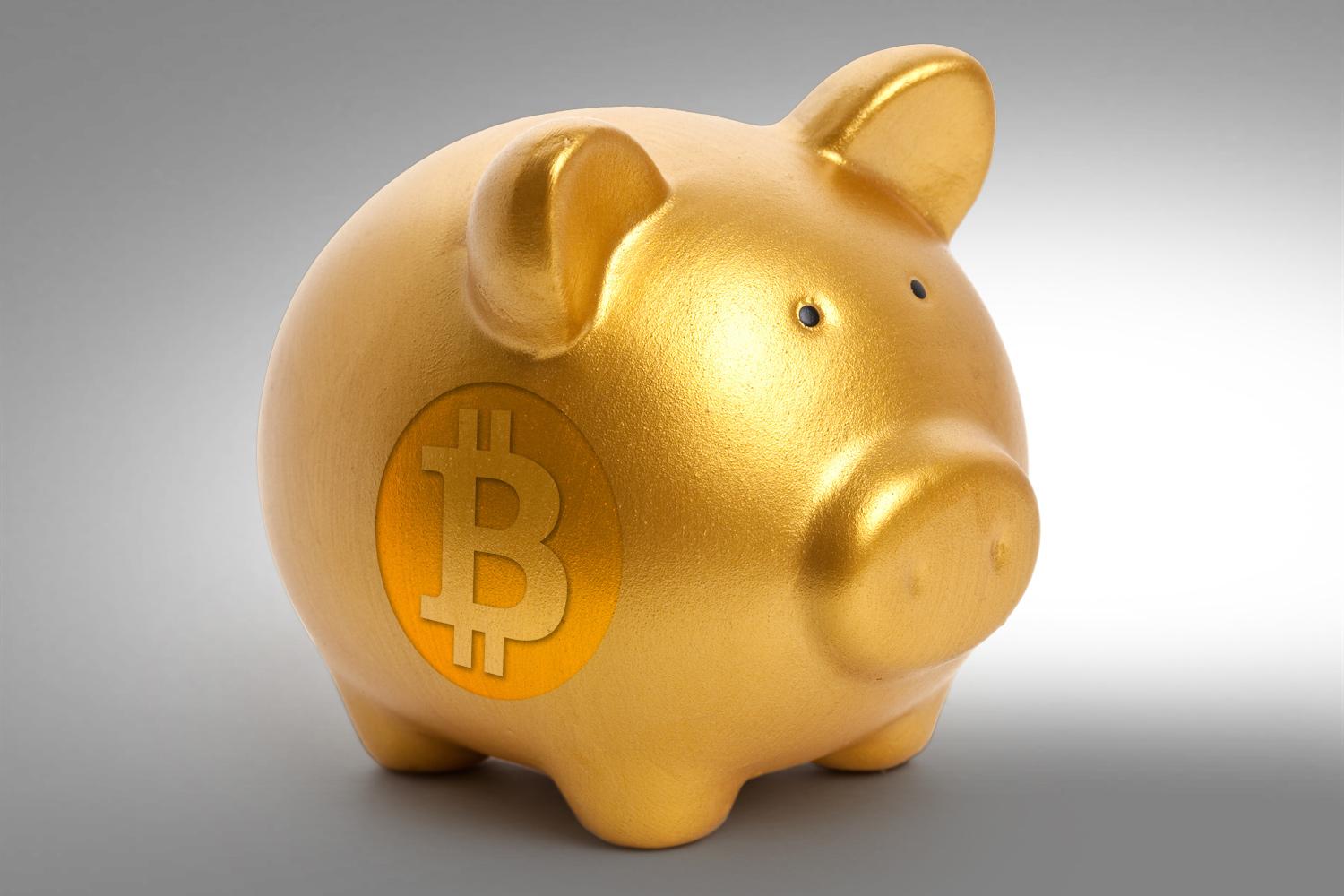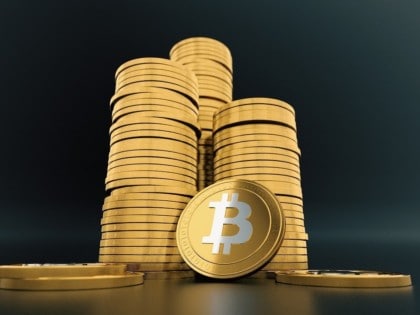
In what appears to be attempts to undermine Bitcoin in favor of the more traditional banking and credit industries, two separate releases came out over the past couple days: One via a consumer survey released Wednesday — which was commissioned by the Massachusetts Division of Banks in conjunction with the Conference of State Bank Supervisors — and the other in a research note published Tuesday by Citigroup “currency specialist” Steve Englander.
In the consumer survey titled, “Consumer Attitudes on Bitcoin and Other Virtual Currencies,” ICF International used an omnibus online survey method to conduct a national survey of 1,014 adults aged 18 and older from May 22-25. The study was conducted using a non-probability sample from a pre-recruited panel of respondents. No more information is provided regarding how the sample was chosen or what demographics made up the sample.
The survey participants were not chosen randomly, and according to Statistics Canada, this means that it’s “impossible either to estimate sampling variability or to identify possible bias. Reliability cannot be measured in non-probability sampling; the only way to address data quality is to compare some of the survey results with available information about the population. Still, there is no assurance that the estimates will meet an acceptable level of error. Statisticians are reluctant to use these methods because there is no way to measure the precision of the resulting sample.”
If it was conducted via a probability sample, the margin of error would have been +/- 3.2 percent.
So what did their survey find?
Just over half of the respondents, 51 percent, said they had heard of Bitcoin or virtual currencies and three percent of those had purchased or used bitcoins.
Of the 51 percent who had heard of Bitcoin, 65 percent said they were somewhat or very unlikely to purchase or use bitcoins in the future, with younger respondents showing a much greater willingness to purchase bitcoins than older respondents.
The survey found that among 18-24 year olds, 43 percent said they were “very likely” or “somewhat likely” to purchase bitcoins, compared with only 8 percent of those older than 55.
Respondents were asked “How important are various factors in your decision whether to purchase or use bitcoins?” They were then asked five questions by the surveyors.
The most important concern people voiced was whether or not the virtual currency is secure, with whether or not it is insured coming in as the second highest concern, and whether or not it is regulated as the third highest. Fourth was whether or not transactions made with Bitcoin are taxable and fifth was whether or not you could obtain bitcoins at your bank.
The questions asked were interesting choices to say the least. Keep in mind that people who use Bitcoin have no need for a traditional bank. One can only wonder whether or not the respondents were made aware of the fact that Bitcoin is more secure than current credit and banking solutions, largely self-regulates itself, allows people to escape the violence-laden thievery known as taxation, and that Bitcoin allows you to be your own cryptographically secure bank.
That brings us to the research note published Tuesday by Citigroup’s currency specialist, Steve Englander.
As CoinBuzz writer Andrew Moran reported earlier today, “Englander concluded that “the price of bitcoin is on the cusp of ‘acute instability’ because of the oversupply of coins from major merchants and miners as well as weak demand growth. The Citi report identified the enhanced complexity and higher costs of mining as primary drivers for growth in the bitcoin supply.”
Englander’s full text is as follows:
“If miners pay out a lot for their equipment, the more the initial outlay, the bigger the incentive to sell quickly any Bitcoin that they mine into the market in order to recoup their investment. So we have daily transactions volume of 60-100k in recent months, with volumes higher in periods of falling bitcoin prices. Many and possibly a majority of these transactions are shuffling Bitcoin between wallets. About 3.5k Bitcoin are mined daily. If the miners are a steady source of supply and there is no increase in final demand we have this overhang of Bitcoin being sold into the market. In consequence we have downward price pressures. This may change if there is some pickup in demand for Bitcoin, but for now we have miners looking to sell and not much of anyone looking to buy. The market structure I am describing inherently generates extreme volatility. Bitcoin advocates often describe volatility as a growing pain but in fact the cost structure of Bitcoin mining may make this volatility inevitable.”
Citigroup told CoinDesk, “there are currently few incentives for end-users to use bitcoin instead of a credit card,” which to anyone remotely familiar with bitcoin and the advantages it offers, appears to be quite a deceptive statement at best.
A commenter on CoinDesk noted a few more examples of Bitcoin being better than credit cards:
1. Overstock and Newegg are giving discounts to bitcoin purchasers. Lower processing cost for merchants using bitcoin means lower consumer prices.
2. Lack of exposure to identity theft for consumers and lack of charge back for the merchant.
3. Consumers can still make purchases over the internet even if they don’t have credit cards or can’t qualify for one (bad credit/bankruptcy filings)
4. Merchants cannot “pull” charges from bitcoin consumers as they do not have access to the bitcoin wallets unlike credit card accounts.
5. The consumer is in charge of their finances and cannot have their wallet suspended or deactivated by “Citi” or have their interest rate increased.
Should we expect two industries that Bitcoin and its underlying technology directly threaten to report objectively and accurately on the technology that directly threatens to destroy their very business model? Probably not.
A typical model for resisting threatening yet inevitable technology is to discredit until you either have your own similar copycat model rolled out, or until the technology you’re criticizing reaches critical mass adoption. If you continued to down play the technology once that point of no return has been reached, your unfavorable analysis would likely only discredit yourself and there is little choice but to incorporate the technology into your system or risk taking your organization down the path of extinction.
If the banking, credit and other financial industries are planning on integrating Bitcoin technology instead of fighting it – which seems to be the way things will play out – some say they may have a desire to acquire mass amounts of bitcoins on the cheap, which could explain the downplaying of bitcoin in an attempt to decrease price.







